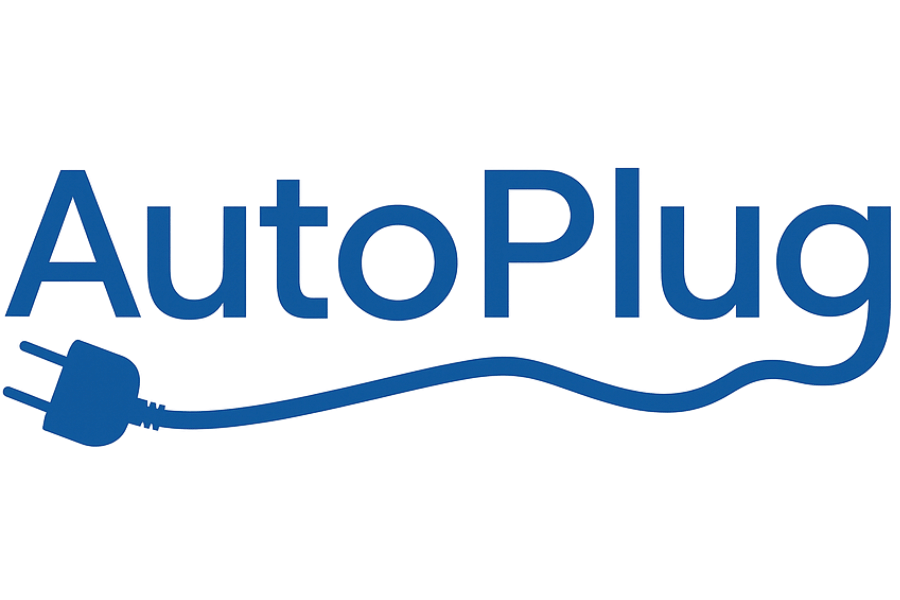Explained: Loan Terms, APR, and Financing Fees
Let’s be honest—auto financing can feel like a maze of fine print, numbers, and jargon. Whether you're applying for your first car loan, trying to refinance a car loan, or shopping for the best used car loan rates in BC, understanding what terms like APR and loan term actually mean can save you from making a costly mistake.
So, if you've ever nodded along at the dealership without really knowing what you agreed to—this one’s for you. Here’s a plain-English breakdown of the key auto financing terms every Canadian car buyer should understand.
1. Loan Term: How Long You’ll Be Paying
Your loan term is the length of time you agree to repay the money you borrowed.
Most car loan terms range from 36 to 96 months (3 to 8 years). The longer the term, the lower your monthly payments—but the more you pay in total interest.
Example:
$25,000 loan at 7%
60 months = ~$495/month, ~$4,775 in total interest
96 months = ~$347/month, ~$7,312 in total interest
Tip: If you can afford higher payments, go with a shorter term. It saves money in the long run.
2. APR (Annual Percentage Rate): Your True Interest Cost
APR stands for Annual Percentage Rate, and it’s not just your interest rate—it’s the total cost of borrowing, including any lender fees.
This is the number you should focus on when comparing loans.
Let’s say two lenders both offer you a 6.5% interest rate, but one includes extra administrative fees. Their APR might be 7.2%, while the other stays at 6.5%.
Over time, even a small difference in APR can cost you hundreds or even thousands—so don’t just look at the monthly payment. Compare the APR.
3. Financing Fees: The Hidden Costs to Watch
Financing fees can sneak into your car loan without much explanation. Some of the most common include:
Loan origination fees: Charged by lenders for processing your loan
Dealer documentation fees: Charged by dealerships for handling paperwork
Extended warranties or add-ons: Rolled into your loan balance if you don’t pay upfront
Gap insurance: Sometimes added to protect against total loss in case of accident
Always ask what’s included in the loan and get a breakdown. If you’re refinancing your car loan, double-check if any old fees are being carried over.
4. Refinancing: A Tool to Lower Your APR or Payment
Got a car loan you regret? You’re not stuck with it. You can refinance your car loan by replacing it with a new loan—ideally with:
A lower APR
A shorter (or longer) loan term
Smaller monthly payments
Refinancing is especially helpful if:
Your credit score has improved
You were stuck with a high-interest no credit car loan
You want to free up monthly cash flow
Use online calculators to estimate savings—and be sure to review new fees or penalties before switching.
5. Minimum Credit Score for a Car Loan in Canada
There’s no single number that applies everywhere, but here’s a general guide:
660+: Prime rates, fast approvals, best terms
580–659: Still approved, but at higher rates
Below 580: Subprime or bad credit/no credit lenders—higher APRs, but still possible
No credit: Treated like low credit—may need a co-signer or larger down payment
If you're applying in BC, online platforms like AutoPlug work with flexible lenders offering car financing options regardless of your score.
6. Used Car Loan Rates: What to Expect in 2025
Used vehicles tend to come with slightly higher interest rates than new ones, due to their age and resale risk. As of late 2025:
Prime used car loan rates: ~6.5%–8%
Subprime used car loan rates: ~9%–15%
These vary based on credit, lender type, vehicle age, and even location (yes, car financing in BC can differ from Alberta or Ontario!).
Use a loan comparison tool to review real offers before signing anything.
Final Thoughts
Auto loan terms aren’t just numbers—they’re the blueprint for your financial future. Whether you’re applying with no credit, refinancing to save money, or looking for the best used car loan rates, understanding terms like APR, loan duration, and financing fees helps you make confident, informed decisions.
Ready to explore smarter financing options? AutoPlug helps Canadians apply online, compare real offers, and choose the loan that fits—not traps—you.
